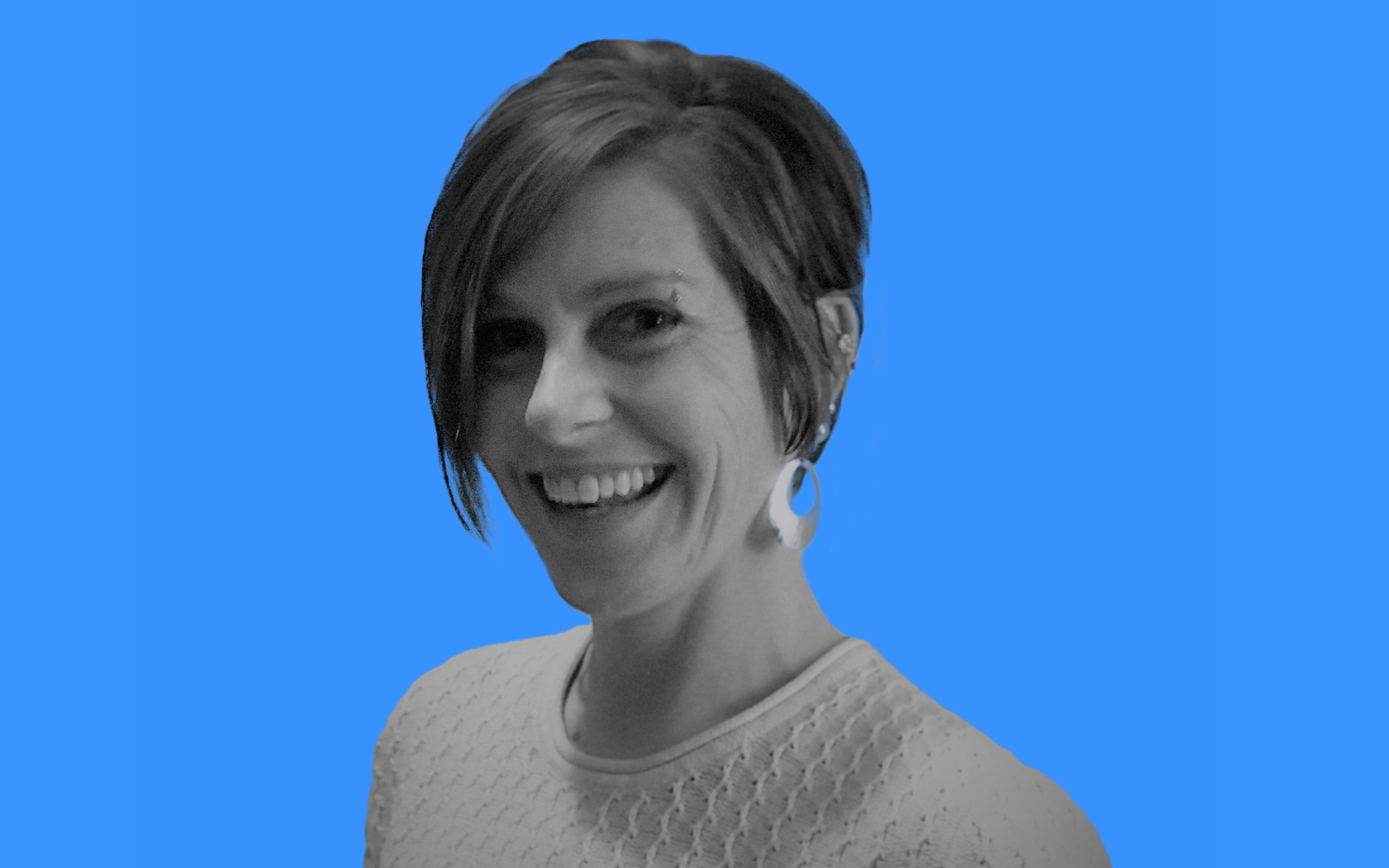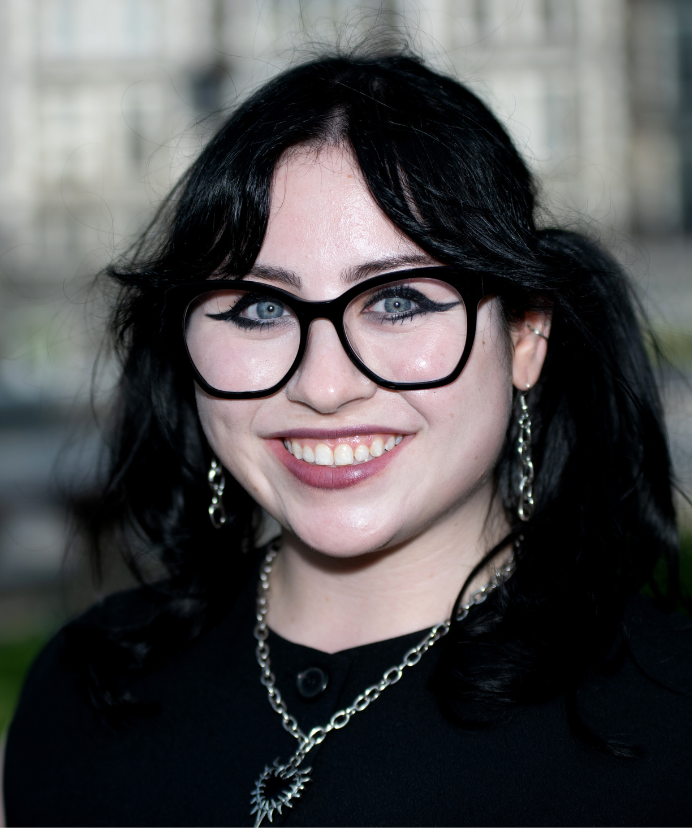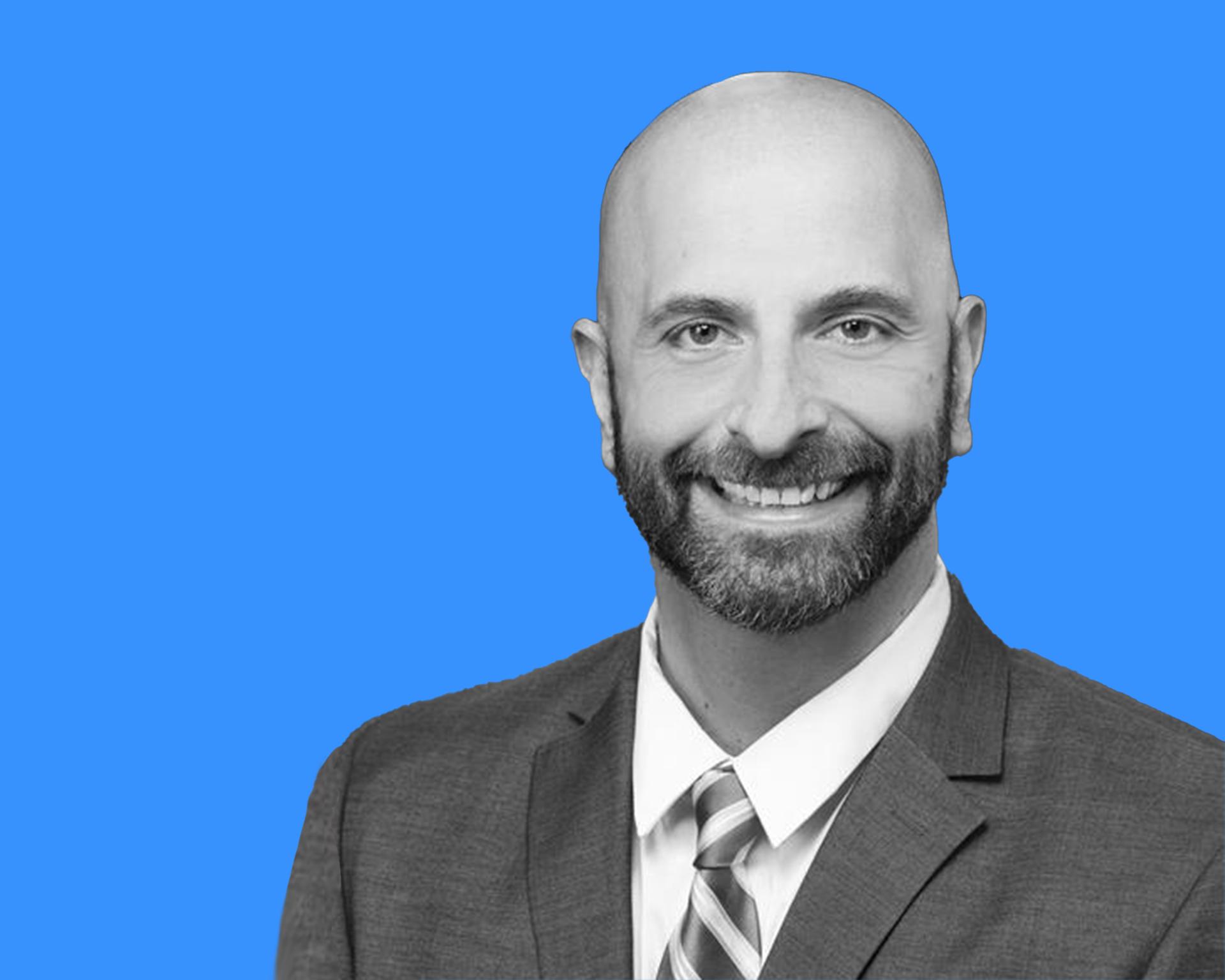Rachel Farr: What Is a “Normal” Family, Anyway?
Rachel Farr, a professor of psychology at the University of Kentucky, studies family dynamics and child development across the spectrums of gender and sexuality.

Read Time: 5 minutes
Published:
Rachel Farr is a professor of psychology at the University of Kentucky. Her research in the Families, Adoption, and Diversity (FAD) Lab includes a study that follows lesbian, gay, and straight couples and their adoptive children, and examines family dynamics and child development across the spectrums of gender and sexuality.
As I logged onto my scheduled Zoom call with Rachel Farr, I was greeted by not one, but two smiling faces. Farr asked if it would be alright to feed her baby while we talked. She was on parental leave, but still glad to speak about her work. She ran out of the room to grab a bottle, settled her baby in her lap on her living room floor, and gave me the go-ahead sign.
If she wasn’t the one spearheading her research, Farr could very well participate in it. A queer woman who grew up in a multiracial, adoptive family, she was sensitized to her own privileges and identities at an early age. In college, she asked herself, “How can I use my experiences for good?” Her answer lay in studying human development within LGBTQ+ people and their families.
Farr’s research began in the mid-2000s, prior to the establishment of federal marriage equality. Adoption rights for queer couples were hotly contested at the time, as politicians and researchers wondered if lesbian and gay people make good parents. Farr explained that “for women who were coming out as lesbian and their marriages to men were ending, this research would inform those custody decisions.”
The debates surrounding adoption rights for queer families inspired Farr to study queer family dynamics from a psychological perspective. Under Charlotte Patterson at the University of Virginia, Farr began to study two-mom, two-dad, and mom-dad families that adopted children domestically. In fact, this research was cited in amicus briefs filed to the U.S. Supreme Court marriage equality decision. Over fifteen years into her career, Farr is still studying those same families.
These moments served as a reminder that this work was never just her career, it’s her everyday life.
Queer family psychology was originally viewed from a deficit perspective. Children without both a mom and a dad were assumed to be missing some components of a “normal” childhood. This idea, deeply rooted in religious beliefs, is still being used to deny adoptive privileges to queer couples.
Previous research had used cisgender, heterosexual (cis-het) couples as the “gold standard,” but Farr has found limited differences in child well-being and family functioning between LGBTQ+ and cis-het couples. “The kids are doing great. The parents are capable, effective parents,” says Farr.
From these findings, a new question arose. How, in spite of the stigma, oppression, and discrimination faced by queer parents, are they raising well-balanced children? Farr’s research highlights the strengths of queer parenting, parents’ resilience in spite of the institutional and interpersonal struggles queer people often face.
Mid-sentence, Farr’s baby began to coo. “Isn’t it great? It’s queer joy,” she said, pulling her hair from a tight, tiny fist. The family cat sauntered past. These moments served as a reminder that this work was never just her career, it’s her everyday life. I wondered about what kinds of pushback Farr receives for conducting research that is so deeply personal.
The argument that Farr faces is that “if you are queer yourself, you can’t possibly do this research. You’re inherently biased.” If this were true, then women would be unqualified to study women’s experiences, and Black people wouldn’t be able to study Black people’s experiences. “It’s totally misguided, as of course, all of our work is going to be somewhat subjective,” says Farr.
I initially contacted Farr to talk about her recent research, which studies the role of self-reported community belongingness in queer parents and the emotional capabilities and social skills, termed “adjustment,” of their adolescent children. Her team’s results show that queer parents across the country are reporting feelings of community belongingness, and their teenaged children are content.
Farr’s research and lived experience show us that love and commitment are what truly define parenthood, no matter the shape it takes.
In research that is yet to be published, the FAD Lab has used the same metric of community belongingness in conjunction with religiosity and spirituality. “Sometimes people assume that queer Americans are not religious. We’re finding that higher importance of religious beliefs and spirituality are related to LGBTQ+ community belonging,” says Farr. The sense of community via religious and spiritual beliefs may help families maintain high-quality relationships.
As Farr is a self-proclaimed “career queer” and queer parent, she gives some of the most well-informed advice to parents. She is less concerned with queer couples’ abilities to parent and more concerned with their ability to obtain support. “LGBTQ+ community, whether it’s family of origin or family of choice, is key in terms of emotional, practical, and informational support. Finding friends, family, and health care practitioners who support and affirm you all contribute to a sense of well-being before, during, and after becoming a parent,” she says. Cis-het families may not have to work as hard to find these sources of support, but all families need them to thrive.
Since the science shows that queer parents often raise happy children, Farr advocates for equitable laws regarding housing and employment for all families. Additionally, the education system can help to settle differences in perceptions of queer and cis-het families. “Learning about the beauty of difference could go a long way,” Farr says. “It’s wonderful to be different, and there’s so many cool things about people when you take the time to listen and to be together in community”.
Despite the systematic difficulties, queer parents share in the same joys and struggles as other parents. In fact, their unique experiences can make them incredibly strong parents. Farr’s research and lived experience show us that love and commitment are what truly define parenthood, no matter the shape it takes.



